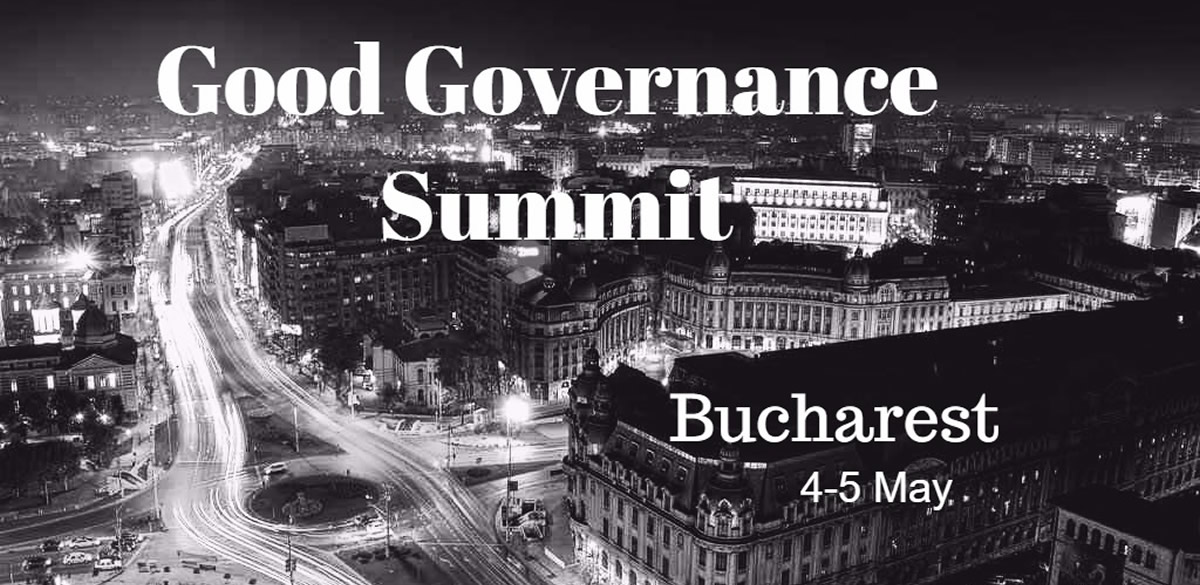President Junker’s reaction to President Trump’s salutations to Brexit was to support the independence of some US states. The tensions between Brussels and Washington are basically the extrapolation of the tensions between London and Berlin to negotiate the Brexit contract, whose bill, estimated at Brussels, amounts to 50 billion pounds. The total or partial payment, on time or belatedly, is at stake in this game of nerves, hidden under statements and called negotiation.
In fact, Junker’s message is addressed to London, directly targeting the preparations for the referendum in Scotland, expected to take place in 2018, namely before the end of Brexit, which will reduce Britain’s ability to negotiate. Set in a broad diplomatic offensive, where Prince Charles’ tour is only the visible part, Britain is aware that it must negotiate and make agreements with as many key players as it can, and in a short time.
Essentially, Brexit’s diagnosis is a global issue affecting the planet and it started from the inability of states to communicate with their more informed and far more demanding of solutions citizens. Thus, Brexit, the surprise election of President Trump and the elections expected in the European area are all signs of communication failure.
On the other hand, responsible for the situation in Europe nowadays is directly the leadership of the last decade, which, by the nature of relations in a wider area, has fundamentally changed the game and the rules. Germany, located on the eastern edge of the old continent, interested in and responsible for it, including in terms of the existence of the former GDR, reached, through expansion, Central Europe.
As the leader of the moment, Germany is responsible, for the most extent, of the latest evolutions and, through the medium of Chancellor Merkel, produced and induced the path to the current situation. Today, a rearrangement of economic relations closely linked with human resources policies is necessary, not only in the EU, but on the entire planet.
Closing the gates to UK and the US generates a metamorphosis of the immigration process, which, in turn, becomes a migration with multiple speeds. We receive only the good ones that we need, and you shall deal with the troubled ones by yourselves. What can Europe, which has driven this process, particularly by Mrs. Merkel’s position, do in this respect? A re-election for another term of this chancellor in autumn 2017 is one solution, starting from the premise that the one who facilitated the process needs to also wrap it up.
All due respect for Konrad Adenauer, who, for two decades, supported European reconstruction and created the premises for Europe to become once again powerful. The populist Germans, who ruled the country for most of the period after the Second World War, have achieved their objectives: reunifying Germany and bringing it into the European leadership.
Today, the departure of Angela Merkel from the helm of Germany will leave, at least for a while, Europe without an acknowledged and accepted leader. On the other hand, the German socialists, who often, for the sake of power, have supported the Christian Democrats, are equally responsible for the current situation and they have a historic chance to re-conquer Berlin and put Europe on a another path.
Cohesion policies are essentially an attribute of the Left that traditionally advocates for balance and for the many. Flying to the North Pole with a stopover in Johannesburg is expensive and takes longer. Can Angela Merkel convince Germany that she can fly a route, both efficiently and effectively at the same time, or the change will be managed by Martin Schultz?
The Socialists, and not just those in Germany, have a historic chance to reclaim Berlin and change the fate of Europe. The de facto capital of Europe, Berlin, awaits to be conquered and, in this respect, the European countries with leftist governments can play a key role.
Konrad Adenauer and his successors rebuilt Germany and reshaped Europe, but after half a century the echoes of the Second World War have faded, and, today, when we are in the middle of a cultural and economic war, globalization seems to have reached its limits and is necessary to find new global organizational solutions in which state-cities are increasingly present.
A shift towards equilibrium and peace, expected by the entire world for decades, will follow inevitably. The beginning of this period depends on Europe and thus on the great political families which manage it. The populists and socialists see themselves in danger in relation to the new national-populist movements that are gaining more and more audience.
On the afternoon of March 29, 2017, a group of MEPs cut a cake to celebrate the activation of Article 50 by Teresa May, in a Old Hack Pub, close to the European Commission in Brussels. This celebration of British, Germans, French, Italians, Poles and Czechs politicians is essentially the feast of their future unemployment. As soon as politician in the category of B?sescu, the Romanian former president, will consider that the Brussels Parliament is too large and inefficient, they will propose a European Parliament with 300 members.
After the surprises of the year 2016, marked by Brexit and Trump’s election, 2017 will set the tone for great changes. Germany, characterized by Kissinger as a country ‘Too big for Europe, too small for the world’, will play, through her own choices, a critical role for the planet, while the US, Russia and China are preparing for the new road "together", trying to answer the question: How can we create a sustainable and profitable future?
Failure of policies, lessons learned, the future of globalization, and the new mission of governments will be debated by former and current leaders, analysts, and business people at the Good Governance Summit in Bucharest, on May 4th and 5th.




